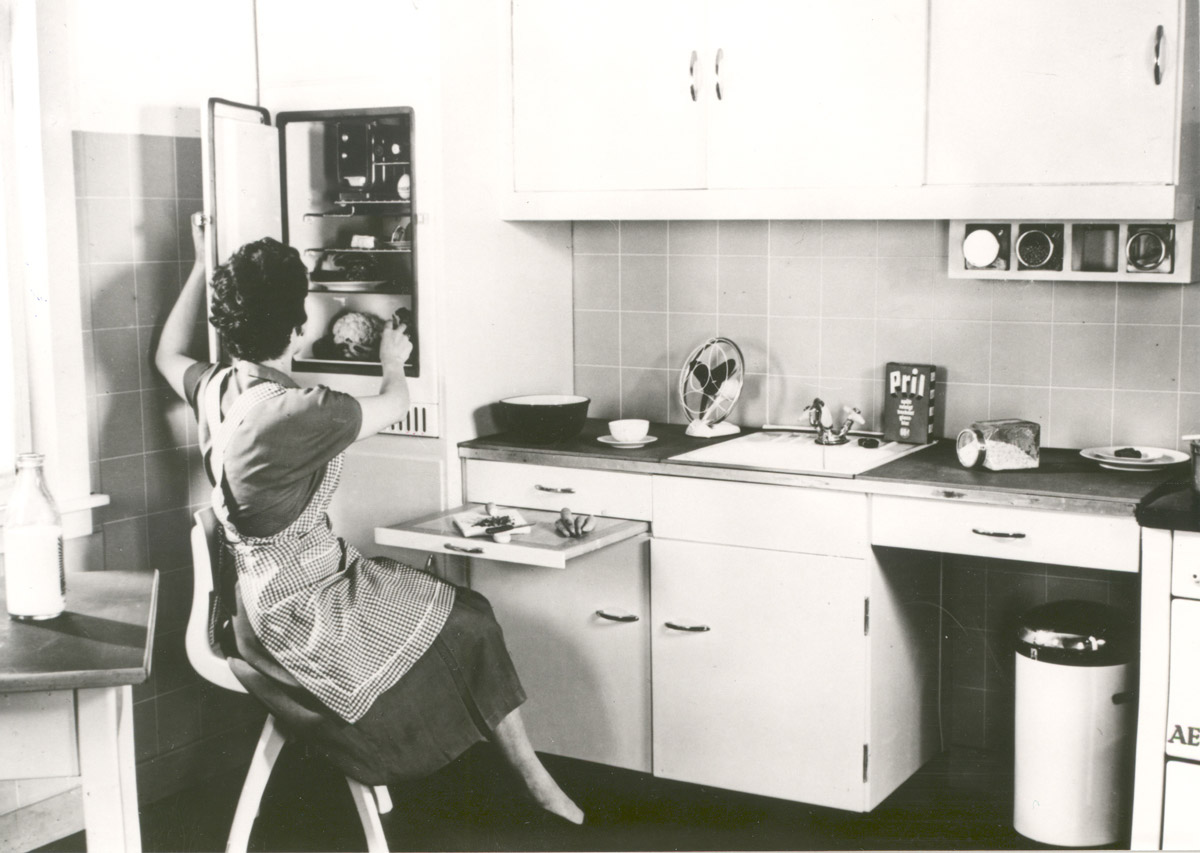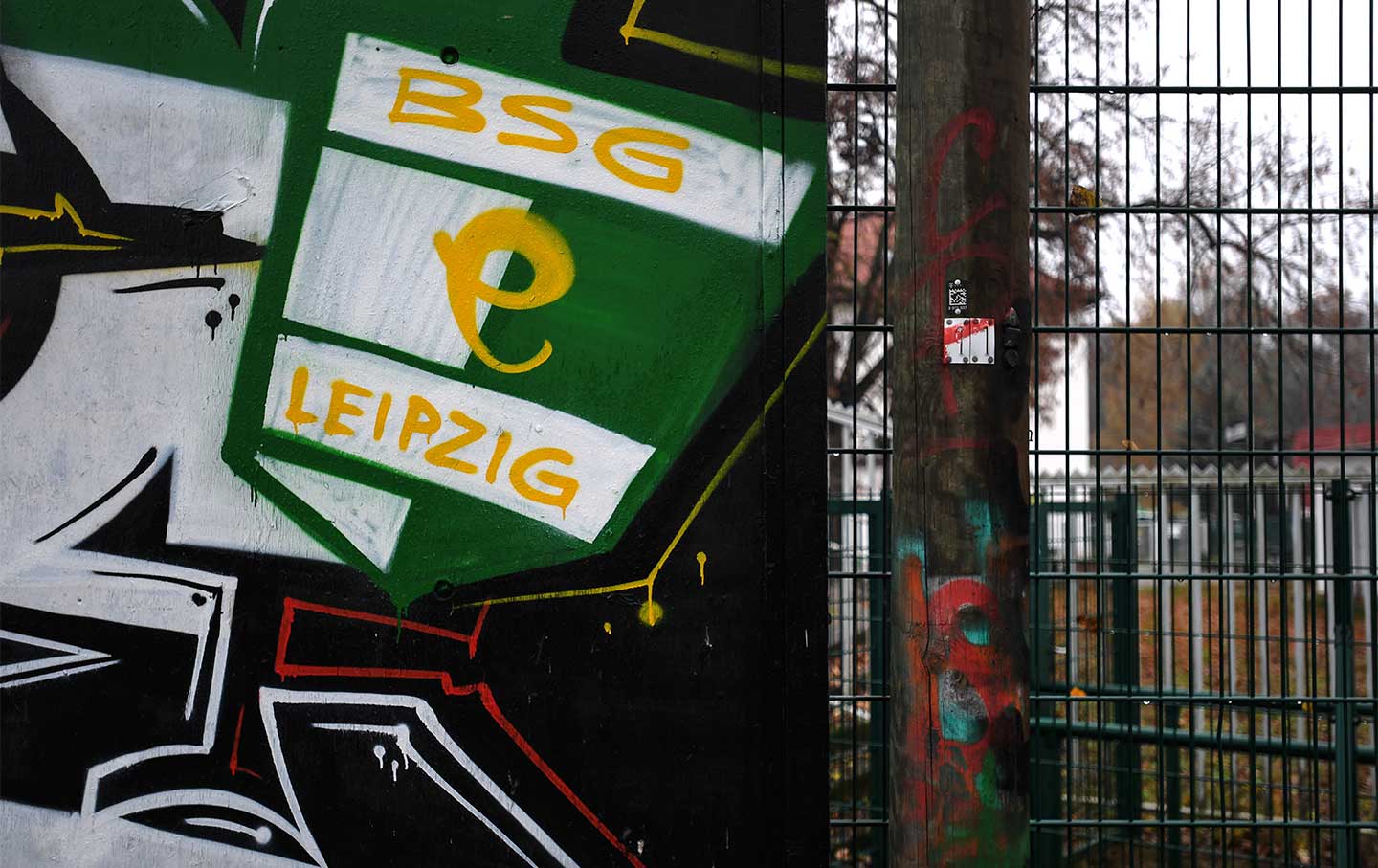Margarete Schütte-Lihotzky’s most pioneering work was the “Frankfurt Kitchen,” which was the world’s first fitted kitchen designed to make the most of limited space in workers’ apartments. Despite being known for this design, Schütte-Lihotzky did not want to be labeled only as a kitchen designer and had a long career as an architect with socialist beliefs. She was born in Vienna in 1897 to a bourgeois family and studied at the University of Applied Arts during World War I. Her experiences in a working-class neighborhood shaped her commitment to improving the living conditions of the working class.
Lihotzky’s early professional work focused on supporting the poor and marginalized in Vienna after World War I. She advocated for “social architecture” and worked on housing projects to provide better living conditions for the working class. Inspired by socialist movements, Lihotzky designed the Frankfurt Kitchen, which aimed to make household work more efficient. Her socialist beliefs led her to join Austria’s Social Democratic Party and become involved with the Institute for Social Research in Frankfurt.
During the Great Depression, Schütte-Lihotzky and her husband joined a group of architects to work in the Soviet Union on urban planning projects. They later moved to Istanbul where they continued their involvement in communist activities. Despite facing challenges in Cold War Vienna due to her political beliefs, Lihotzky continued to travel and work, showing her commitment to creating a better world. She received recognition for her work later in life and remained politically active even into old age. Margarete Schütte-Lihotzky’s life is a testament to her unwavering dedication to architecture and political activism.





